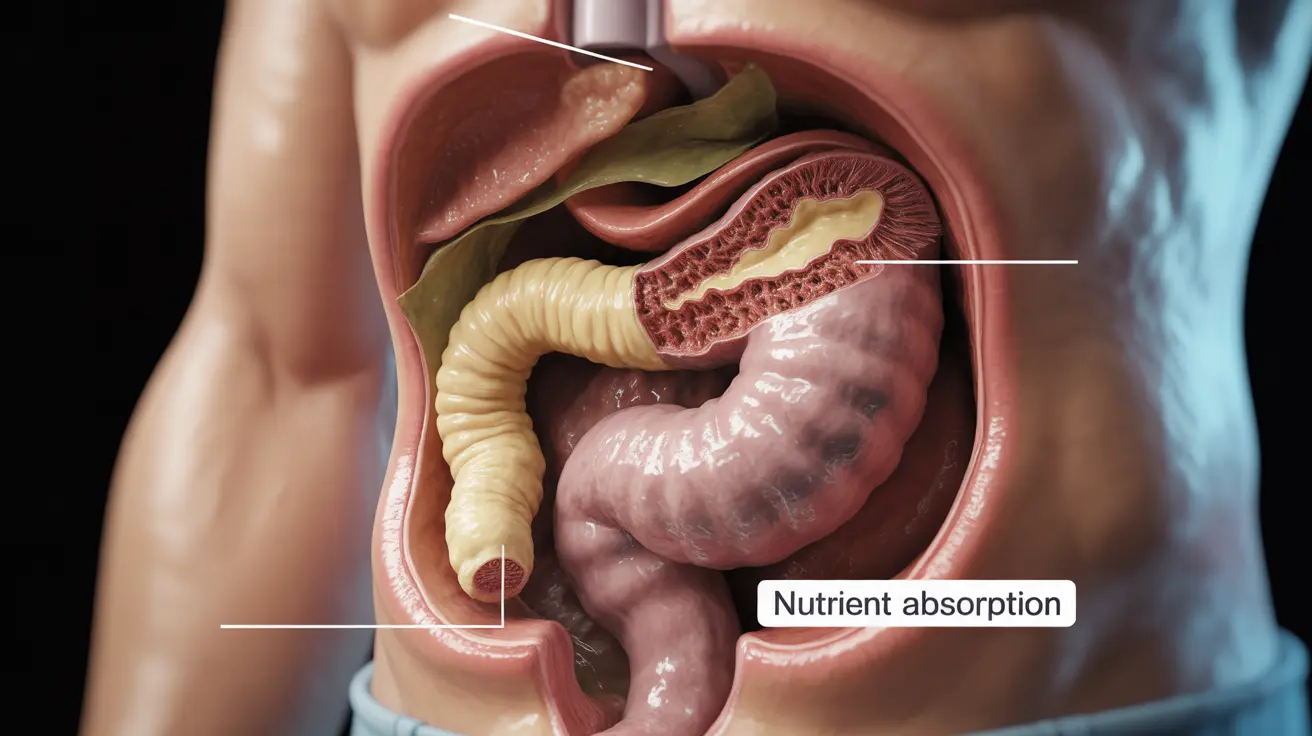The tapeworm diet, an extreme and potentially lethal weight loss method, has gained notoriety for its dangerous approach to shedding pounds. This controversial practice involves deliberately ingesting tapeworm cysts, typically through pills, with the misguided belief that the parasites will help reduce calorie absorption and lead to weight loss.
Medical professionals universally condemn this dangerous practice, which can cause severe health complications and even death. Understanding the risks and reality of the tapeworm diet is crucial for anyone considering extreme weight loss methods.
How the Tapeworm Diet Works
The basic premise of the tapeworm diet involves intentionally introducing a parasitic tapeworm into the digestive system. Proponents claim that the tapeworm consumes excess calories from consumed food, theoretically allowing the host to eat without gaining weight.
Historically, people obtained tapeworm cysts through pills marketed as diet aids, though these are now illegal in most countries. The parasites attach themselves to the intestinal wall and grow by absorbing nutrients from the host's digestive tract.
Severe Health Risks and Complications
The dangers of intentionally ingesting tapeworms are severe and potentially fatal. Common complications include:
- Malnutrition and vitamin deficiencies
- Severe abdominal pain
- Weakness and fatigue
- Digestive problems
- Organ damage
- Neurological complications
- Life-threatening blockages
In particularly dangerous cases, tapeworm larvae can migrate to other parts of the body, including the brain, causing seizures, meningitis, and other serious conditions.
Medical Treatment for Tapeworm Infection
When someone develops a tapeworm infection, whether intentional or accidental, immediate medical intervention is necessary. Treatment typically involves:
- Antiparasitic medications
- Careful monitoring of potential complications
- Supporting treatments for symptoms
- Follow-up testing to ensure complete elimination
Recovery can take weeks or months, depending on the severity of the infection and any complications that may have developed.
Why Medical Experts Oppose the Tapeworm Diet
Healthcare professionals unanimously reject the tapeworm diet for several crucial reasons:
- Uncontrollable nature of the parasitic infection
- Unpredictable and potentially severe complications
- Risk of death from complications
- Availability of safe, proven weight loss methods
- Long-term health consequences
Medical experts emphasize that sustainable weight loss should be achieved through proper nutrition and regular exercise under professional guidance.
Frequently Asked Questions
What is the tapeworm diet and how is it supposed to cause weight loss? The tapeworm diet involves deliberately ingesting tapeworm parasites, which grow in the intestines and consume some of the host's calories and nutrients. While this may result in weight loss, it's extremely dangerous and potentially fatal.
What are the health risks and complications associated with the tapeworm diet? The tapeworm diet can cause severe complications including malnutrition, organ damage, brain damage, seizures, cysts, intestinal blockages, and death. The parasites can migrate throughout the body, causing serious medical emergencies.
Is the tapeworm diet effective and safe for long-term weight loss? The tapeworm diet is neither effective nor safe for weight loss. While parasitic infection may cause weight loss, it's dangerous, uncontrollable, and can lead to severe health problems or death. Any weight lost would likely return after treatment.
How is a tapeworm infection diagnosed and treated after following the tapeworm diet? Diagnosis typically involves stool samples and imaging tests. Treatment requires prescription antiparasitic medications, careful monitoring, and potentially emergency interventions for complications. Complete recovery may take weeks or months.
Why do medical experts strongly advise against using the tapeworm diet for weight loss? Medical experts condemn the tapeworm diet because it's extremely dangerous, potentially fatal, and completely unnecessary given the availability of safe, proven weight loss methods. The risks far outweigh any possible benefits, and the practice is illegal in most countries.




